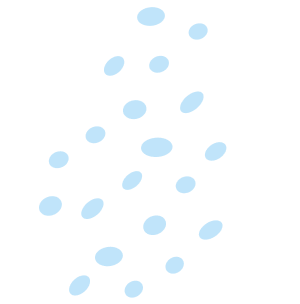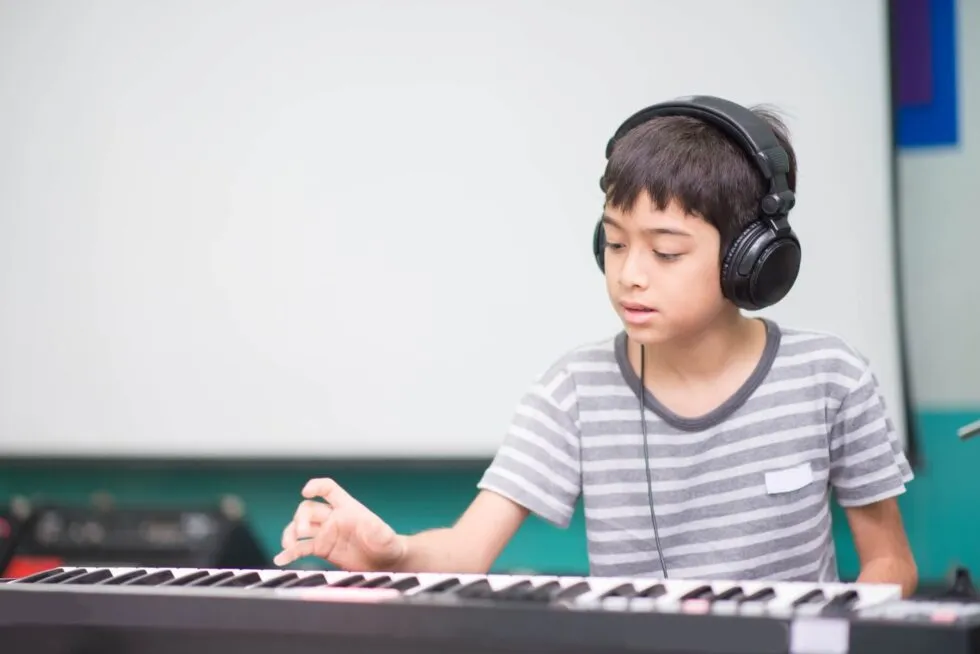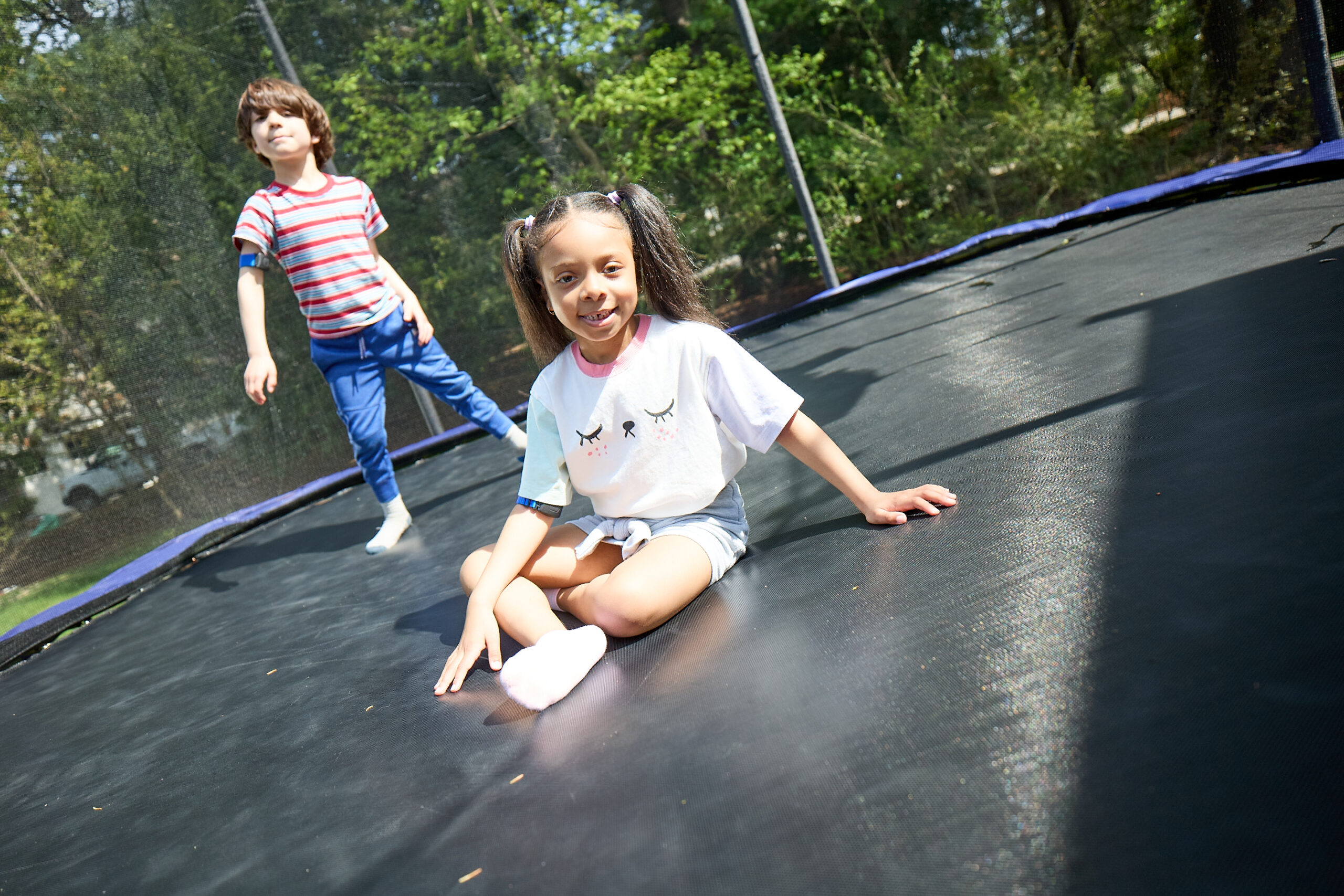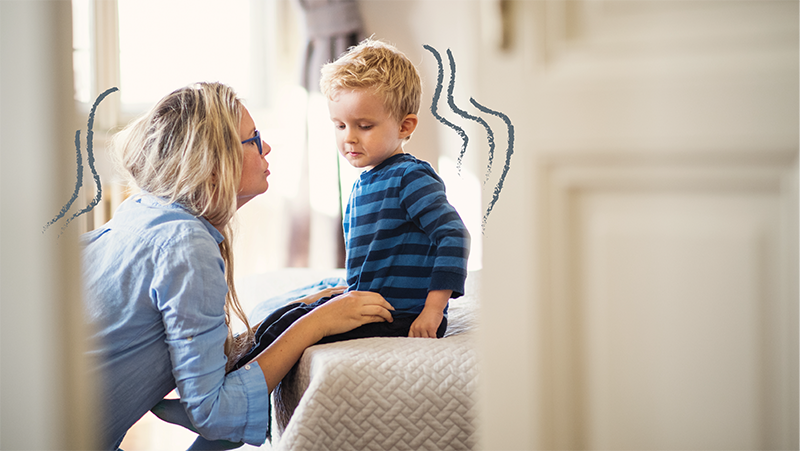“Our son struggled with rapidly shifting moods, oppositional behavior and explosiveness. We tried him on every class of medication but the side effects far outweighed the benefits. That’s when we turned to Mightier. It’s literally changed our world” – Mightier Mom
“Oppositional, defiant, irritable, argumentative.” These are the things said about children with ODD. They are the complex expressions of children fighting an internal battle of low self-esteem, insecurity, and a desperate need for control and independence. It can make communicating hard. It can make helping hard. It can make parenting hard.
We believe in kids
Mightier is a playful and play-based way for children to build emotion regulation abilities in their own way, on their own terms. By wearing a heart rate monitor while playing Mightier’s games, children are able see their emotions in real time, discover calming strategies that feel right for their body, and build an automatic sense of calm that translates to the real world in meaningful, empowering and life-changing ways.
ODD, emotion regulation, and self-esteem
The children and families who have found their way to Mightier are struggling with something. These are children with deep, intense, and complex emotions. These are children who don’t always have control over their words and actions, who often regret the things they’ve said, and worry about how others see them. These are children who are doing the best they can, always, but just don’t have the skills yet to navigate the intensity of such big feelings.
ODD often exists alongside other diagnoses like anxiety, ADHD, depression, or learning disabilities. That means that, when we think about how children with ODD react to their emotions, it’s important to think about brain functioning. These are children who, even outside of frustrating situations, tend to have difficulties with information processing, impulse control, and thinking through long term goals and consequences. These are kids who might struggle with organization, or keeping up socially and academically with their peers. They get frustrated, they see how children around them act and are treated, and they notice the differences.
“Mommy I’m sorry. I wish I didn’t do that. Mommy please help.” – A child diagnosed with ODD
These are children whose sense of self is vulnerable. These are not bad kids, but as they continue to struggle with emotion regulation and receive negative feedback about their behaviors and their “attitude,” they begin to believe something is wrong with them.
Playing Mightier builds emotional strength that sticks
For kids with ODD, typical therapeutic approaches of talking about emotions, thinking through possible reactions, and identifying coping skills can be frustrating. Children still find themselves unable to remember, access, or use any of those skills in the moments they actually need them. On top of that, typical approaches do not always honor the important elements of choice, control, and kid-led learning that are so essential for children with ODD.
“There are lots of things that doctors suggest parents do with kids that kids don’t want to do with parents, like working on breathing. Mightier is different. Mightier provides agency for our daughter. You can play the way you want, when you want, and how you want. She feels empowered to manage her emotions in her own way.” – Mightier mom
Playing Mightier helps kids develop stronger and more automatic emotion regulation abilities through practice. As kids play Mightier, they see their emotions in real time. They see how their frustration, anxiety or excitement directly influence their heart rate, which directly influences their gameplay. They learn that things become more challenging when their heart rate is up, and they’re empowered to explore various calming strategies to get back to blue and keep playing. They practice all this quickly, in the moment, while having fun. Best of all, they practice all this in a way that strengthens their natural and automatic ability to regulate their emotions in real life. That means improved frustration tolerance, thinking more clearly in the moment, and choosing how to respond to real-life stressors. It means staying calmer under pressure without even trying.
The Mightier program at home
Success with Mightier hinges on two things – practice and empowerment. Kid-led learning is a key part of the process, so the main and most important thing caregivers can do is to support their child’s play routine. Similar to building muscle memory for any skill (shooting a basketball under pressure, playing the piano without thinking about the keys, tying a shoe without thinking about your fingers) emotional muscle memory takes practice. We recommend that children play Mightier 3 times a week (or for about 45 minutes a week) for at least 90 days.
“Pretty much any kid should use Mightier. I got good at watching my heart rate on the side and breathing to get it down out of the red. When you do it so much in the game, you get to where you can do it automatically without really having to think about it. Then when you are in life you can just think “ok, I’m in the red now, time to get back to blue.” – 7 year old Mightier player
Since children can benefit from additional types of social and emotional skill building, the Mightier Parent curriculum offers information and activities that caregivers can use alongside their child’s gameplay journey. This model keeps child play and learning front and center, while providing the whole family with creative games, strategies, and a shared language to continue building emotional strength right at home.

















